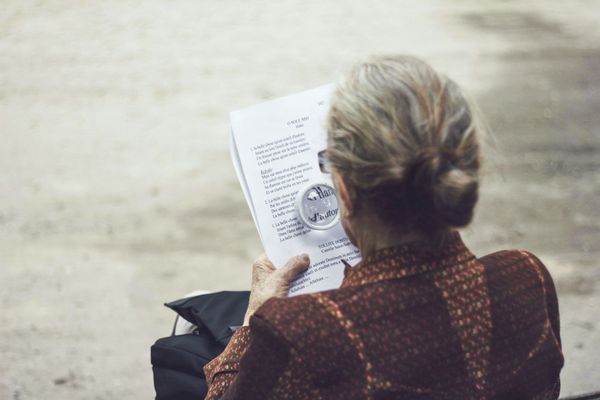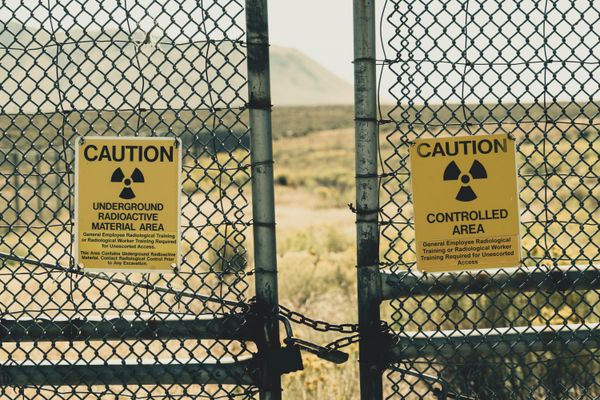The insights offered from optimal and suboptimal outcomes of 'management influence' versus 'employee behaviour' are timelessly instructive to people professionals. The sources of such information are plentiful, and many originate from academic papers, business analysis, and behavioural theories.
The value prospect for people professionals who learn from and incorporate optimal theories for desired outcomes is to stand on the shoulders of giants.
Please refer to the groups below for a collection of theories that continue to be widely cited and practised today.
Coaching
- GROW Model. WHITMORE, J., (1992). Coaching for Performance. Nicholas Brealey Publishing. 7 September 2017.
Management
- Scientific Management / Taylorism. TAYLOR, F.W., (1911). The Principles of Scientific Management. Loki's Publishing. 11 May 2017.
- 14 Principles of Management / Fayolism. FOYALI, H., (1916). General and Industrial Management. Martino Fine Books. 7 August 2013.
- Hawthorne Experiments. MAYO, E., (1933). The Human Problems of an Industrial Civilisation. Routledge. 10 November 2010.
- X&Y Theory. MCGREGOR, D., (1960). The Human Side of Enterprise. McGraw Hill. 16 February 2006.
- Systemic Theory. BERTALANFFY, L., (1968). General System Theory. George Braziller. 17 March 1969.
Influence
- Bureaucratic Theory. WEBER, M., (1906). The Protestant Ethic and the Spirit of Capitalism. Angelico Press. 17 December 2014.
Motivation
- Maslow's Hierarchy of Needs. MASLOW, A., (1943). A Theory of Human Motivation. Wilder Publications. 3 April 2018.
- Expectancy Theory. VROOM, V.H., (1964). Work and Motivation. John Wiley & Sons. 27 October 1994.
- Myers-Briggs' Personality Type Indicator. MYERS, I.B. and MYERS, P.B., (1980). Gifts Differing. Davies-Black Publishing. 31 May 1995.
Noteworthy Mentions
➦ Strategic Theory: SWOT & PEST Analysis (Albert Humphrey)
➦ Decision Theory: Eisenhower Matrix (Dwight D. Eisenhower)
➦ Team Theory: Tuckman's Group Development Model (Bruce Tuckman)
➦ Culture Theory: Crown As King Model (Charles Handy)
➦ Change Theory: Five-Stage Change Cycle (Elizabeth Kübler-Ross)
➦ Quality Theory: Fishbourne Model (Kaoru Ishikawa)
➦ Management Theory: S.M.A.R.T. Goals (George Doran)








